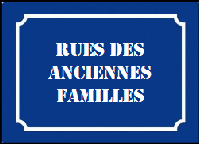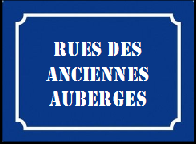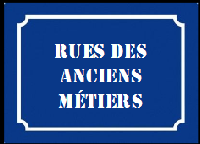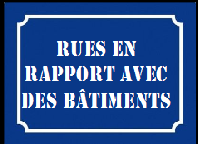
























Paul BERT est né à Auxerre (Yonne), le 19 octobre 1833.
Après son doctorat en médecine obtenu en 1863 et un autre en sciences trois ans plus tard, il devient professeur de physiologie à Bordeaux avant de rejoindre la Sorbonne à Paris en 1869. Il est le plus jeune professeur de France.
Paul BERT s’intéresse tout particulièrement à la physiologie de la plongée sous-
En tant qu’homme politique, il fut fort apprécié car, tout comme Jules FERRY, il défendit le concept d'école gratuite, laïque et obligatoire.
Mais en tant que membre de la Société d’anthropologie de Paris, Paul BERT participera à la diffusion de thèses racistes prétendant que « les nègres sont bien moins intelligents que les chinois et surtout que les blancs ». Ces idées racistes partagées par quasi tous les scientifiques de l’époque ont fortement été critiquées et désapprouvées depuis.
En tant que ministre de l’Éducation nationale et des Cultes sous le gouvernement Gambetta (1881-
Paul BERT meurt de la peste à Hanoï le 11 novembre 1886 à l’âge de 53 ans.
Ses funérailles nationales provoqueront un scandale dans le milieu catholique à cause des idées anticléricales qui l’animaient. Libre-
Le saviez-
Un prix Paul BERT a été créé par la NASA et la Société américaine de physiologie qui récompense, chaque année, des travaux dans le domaine de la physiologie de l’homme dans l'espace.
Paul BERT was born in Auxerre (Yonne) on October 19, 1833.
After his doctorate in medicine obtained in 1863 and another in sciences three years later, he became professor of physiology in Bordeaux before joining the Sorbonne in Paris in 1869. He is the youngest professor in France.
Paul BERT is particularly interested in the physiology of scuba diving and describes the convulsive state of the brain linked to the toxicity of oxygen at high partial pressure. This phenomenon is called, even today, by scientists around the world "the Paul Bert effect".
As a politician, he was greatly appreciated because, like Jules FERRY, he defended the concept of free, secular and compulsory school.
But as a member of the Society of Anthropology of Paris, Paul BERT will participate in the dissemination of racist theses claiming that "the negroes are much less intelligent than the Chinese and especially than the whites". These racist ideas shared by almost all scientists of the time have been strongly criticized and frowned upon since.
As Minister of National Education and Worship under the Gambetta government (1881-
Paul BERT died of the plague in Hanoi on November 11, 1886 at the age of 53.
His state funeral will cause a scandal in the Catholic community because of the anticlerical ideas which animated him. Free-
Did you know ?
A Paul BERT Prize was created by NASA and the American Society of Physiology, which annually recognizes work in the field of human physiology in space.
